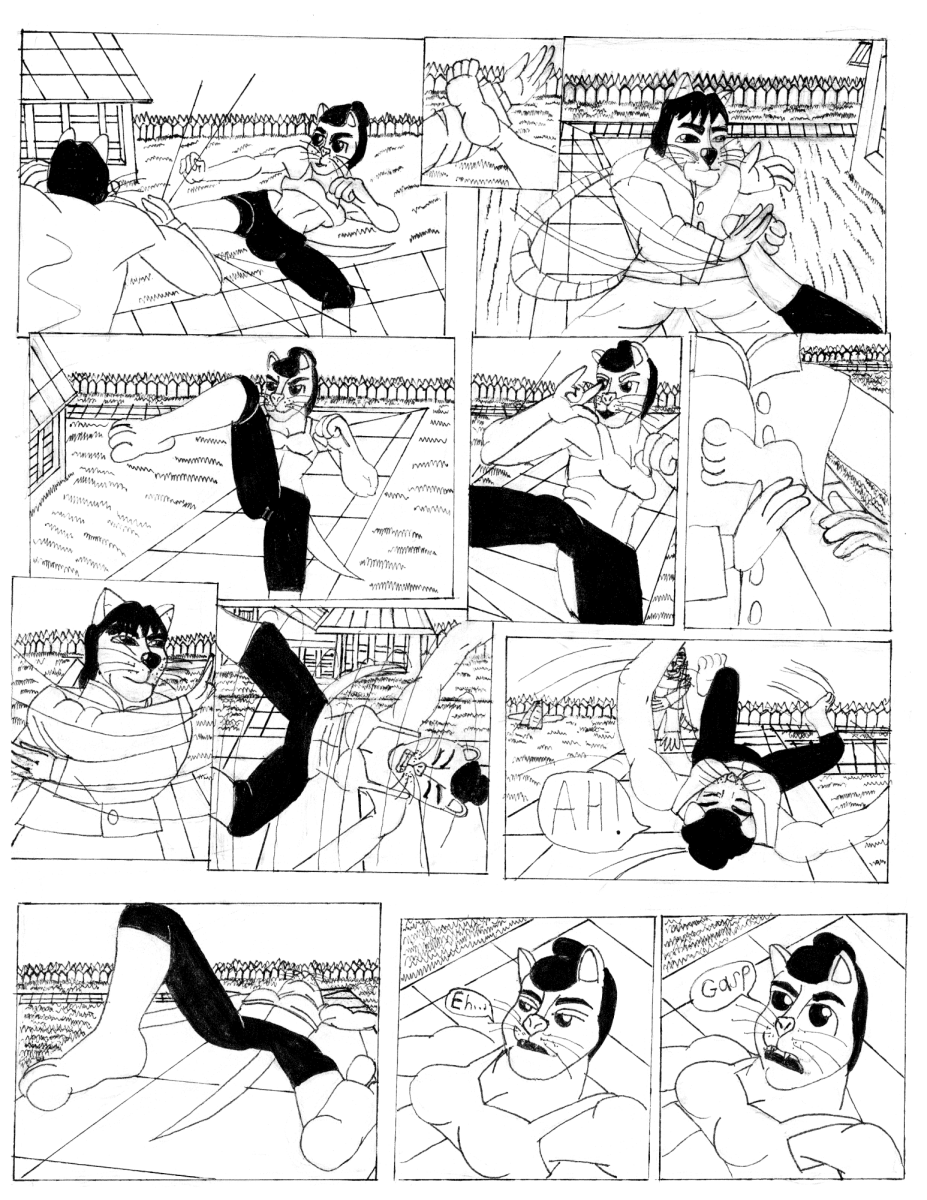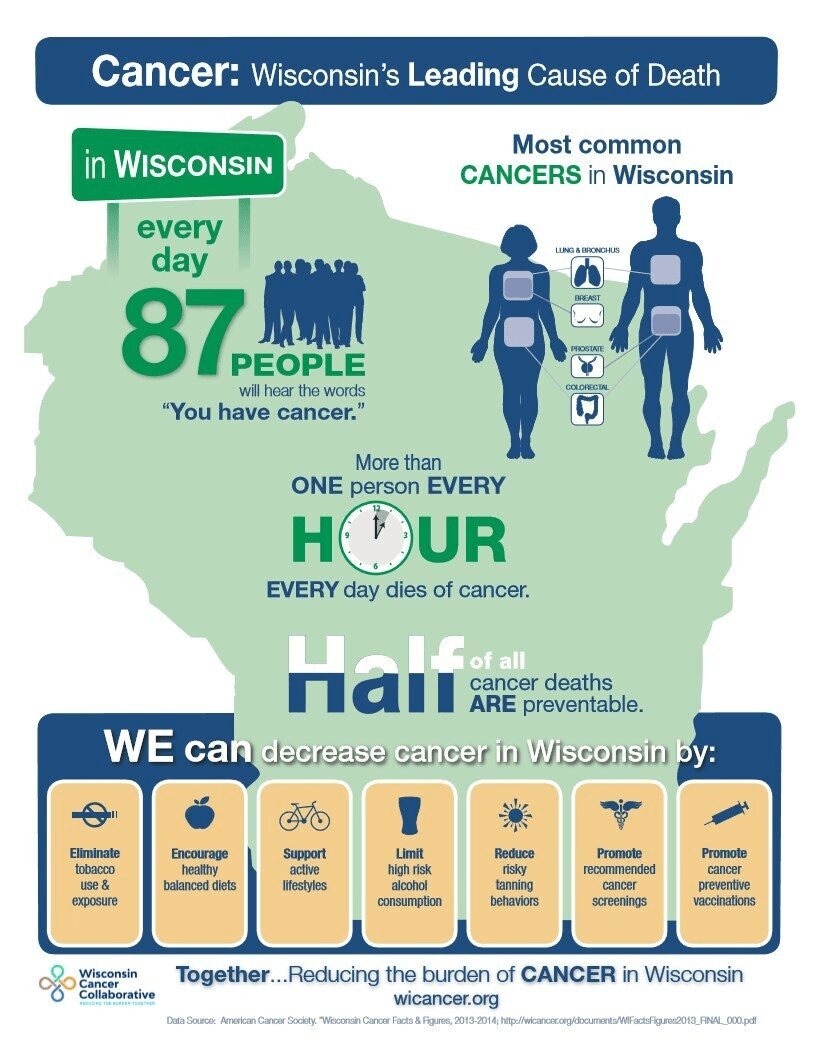Dane County woman has state’s 2nd confirmed case of Zika
A Dane County woman has a confirmed case of Zika virus infection, health officials said on Friday, May 27.
The woman, who is not pregnant, is the second to be diagnosed with Zika in Wisconsin.
The Dane County woman acquired the infection while traveling in Colombia, where Zika infected mosquitoes are present, according to officials with Public Health Madison and Dane County.
The state Department of Health Services has not disclosed the county residence of the first patient or whether she is pregnant. The woman had acquired her infection in Honduras.
No locally acquired cases of Zika infection have occurred in Wisconsin or anywhere else in the continental United States.
Zika virus is transmitted primarily through the bite of an infected mosquito, but it can also be transmitted through blood transfusions and sexual activity.
Cases reported in the U.S. have occurred mostly among travelers to countries where the disease is active — primarily those in Central and South America and the Caribbean.
The virus poses the greatest risks to pregnant women and their unborn babies.
An infected pregnant mother may pass the virus to her fetus. The virus may cause fetal loss or microcephaly, a condition in which the baby’s brain fails to develop properly.
Symptoms occur in about 20% of infected adults. They include fever, conjunctivitis, rash and joint pain.
Pregnant women who have traveled to an area with Zika virus should talk to their doctor about testing for the infection.
Mosquito season in Dane County is approximately May through September. Health officials routinely monitor adult and larvae mosquito populations.
“In over 10 years of monitoring, we have not found the species of mosquitoes identified as Zika carriers in our community,” said John Hausbeck, environmental health supervisor with Public Health Madison and Dane County. “We will continue to monitor this upcoming season for these specific mosquitoes, in addition to other species that transmit diseases such as West Nile virus.”






























































